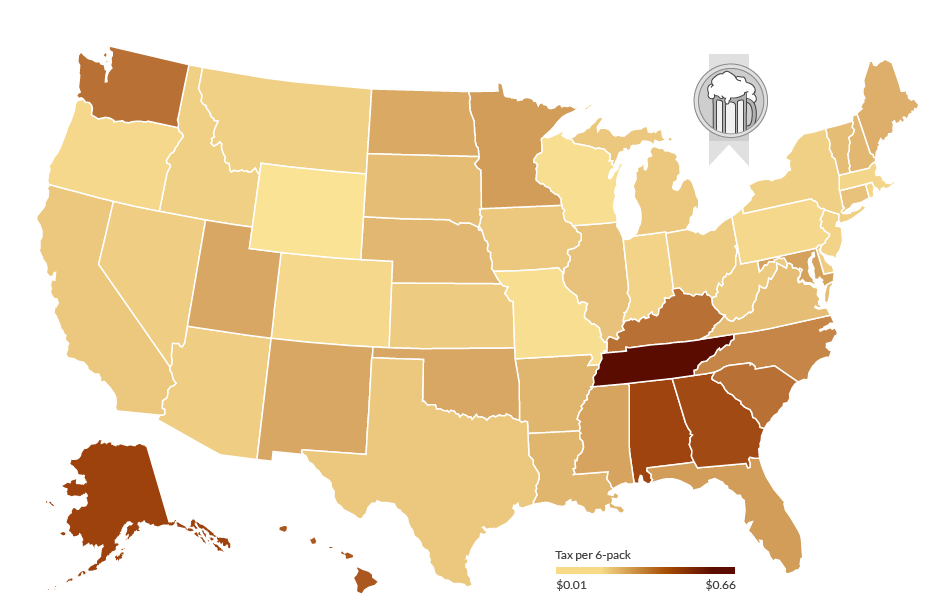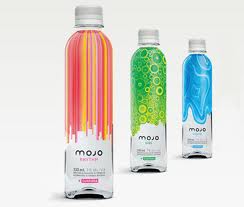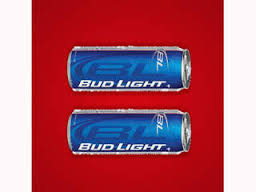In the Doghouse
Search
In the Doghouse
While Beer Taxes Slide, Industry Profits & Public Health Suffers
- Details
- Published: Tuesday, June 25 2013 13:48
 June 25, 2013
June 25, 2013A recent post in CNNMoney noted the wide discrepancy in state beer tax rates and implied that excise taxes harm consumers, particularly in Tennessee, which currently levies the highest rate (at $0.06 a beer, not exactly breaking anyone's bank). The post also ignored the public health and financial necessity of alcohol excise taxes, and relied heavily on alcohol industry trade groups to make the one-sided case that was presented.
Excise taxes help to reduce consumption and offset the staggering cost of alcohol-related harm in the U.S. Costs due to alcohol-related harm, including crime, disease, and injuries, add up to $94 billion annually, or $0.80 per drink--costs that are borne directly by federal, state and local governments, and paid by the public--its citizens. Federal, state and local alcohol excise taxes combined make up only $0.15 per drink. Taxpayers pick up the tab for the remaining $0.65 in alcohol-related costs.
The alcohol industry’s go-to trope - that beer taxes are regressive and harm the middle class - is simply false. One-third of Americans don’t even drink alcohol, yet they still pay the cost of alcohol related-harm not covered by excise taxes. Those with higher incomes drink more, and those who drink the most will pay the most in alcohol taxes. Finally, despite the industry's everlasting woe-is-me stance, most of the taxes that it pays are business-related, such as payroll and sales tax. These are taxes that every U.S. industry must pay.
Alcohol taxes are the single most effective policy to reduce alcohol-related harm. Raising taxes significantly reduces consumption, particularly among underage youth. Doubling the alcohol tax would reduce alcohol-related mortality by 35%; traffic crash deaths by 11%; sexually transmitted disease by 6%; and crime by 1.4%.
Tennessee’s legislature recently gave in to the Beer Institute’s influence and changed the state’s beer excise tax, based on wholesale price and linked to inflation, to a flat rate per gallon. Even as wholesale prices increase each year, the state’s revenue will decrease - and continue to decrease. Meanwhile, as consumption rises, so will alcohol-related harm and its associated costs in the state. It’s a lose-lose for Tennessee’s coffers, as well as its public health and safety.
Loss of Mojo? Not a Problem.
- Details
- Published: Friday, April 26 2013 15:08
 April 26, 2013
April 26, 2013Next time anyone in New York, New Jersey, Alabama, Michigan, South Carolina, or Connecticut goes to grab a bottle of water from the cooler, they'd better triple-check to make sure they don't accidentally get a fruity drink with 7% alcohol by volume. That's right, we're talking about a new alcopop product, designed to resemble the most popular of all beverages: water. After finding that markets for alcopops that look like sodas, juice pouches, and even popsicles were all spoken for, an alcohol producer stepped in to take it where no self-respecting company had dared to go.
Mojo Alternative Malt Beverages comes in various fruit flavors - Tropical Fruit, Strawberry Kiwi, and Fruit Punch - and its packaging is almost indistinguishable from popular flavored waters like Vitamin Water and Hint. In true traditional alcopop form, the added sugar masks the alcohol taste, carbonation is added to make it fizzy, and it's cheap. The producer, Blue Spike Beverages, touts the plastic water bottle packaging as a design to ensure "no breakage when you're out tearing it up on the dance floor." Blue Spike also touts the resealable bottle for decreasing spillage (take note, FTC). Young people are already proclaiming it "the chick drink of the future" for being cheap and tasting "like slurpees." Its U.S. distributor, Irokos Group LLC, admitted the drink was designed for the female market, and the bottle made very slim for that purpose.
Should drinkers feel like a youth-friendly alcopop drink is beneath them, Blue Spike also makes theMojo Shot product line of spirits - currently available in Rhode Island and Massachusetts convenience stores.
Fortunately, at least one state has caught on to Mojo alcopop and its bottled-water resemblance. The New Hampshire Liquor Commission recently decided to deny a license to bring the product into the state, with liquor officials warning that "[t]hese products are clear liquid, resembling water and are packaged in containers that resemble specialty water products...The lettering stating alcohol content and alcohol percentage are not easily seen and the container could easily be thought to contain non-alcoholic product." Still, at least six states have agreed to allow Mojo so far, and others may follow suit. Instead of simply rubber-stamping Mojo and other youth-oriented product entries into stores, we hope other states will follow New Hampshire's example. State alcohol commissions can, and should, put their foot down and halt products with marketing, packaging, and characteristics that cross the line of public safety.
For A-B InBev, Marriage Equality = Beer
- Details
- Published: Thursday, April 04 2013 14:04
 April 4, 2013
April 4, 2013In the last few weeks, support for marriage equality rolled through Facebook and prompted millions of users to change their profile pictures to the red and pink equality symbol from the Human Rights Campaign. Unfortunately, A-B InBev has taken an important social movement and turned it into just another opportunity to make money from its products that cause so much harm, especially for the LGBT community. The Belgian beer conglomerate altered the HRC's logo to highlight two Bud Light beer cans, then posted the doctored image to the Bud Light official Facebook page.
While A-B InBev taking every possible opportunity to promote its brands is neither surprising nor anything new, this particular move seems like even more of a slick grab for attention that degrades the millions of Americans who are fighting for the issue of marriage equality on a real, substantive level. (Even more embarrassing for the conglomerate is the fact that A-B InBev is not even among the list of 278 major employers who filed a brief publicly opposing DOMA and argued that it is bad for business.)
Obviously there is no limit to A-B InBev's audacity and the lengths it will go to promote its products. While it co-opts the HRC marriage equality logo for Bud Light, alcohol and related harm continues to be a major health concern for lesbian, gay, bisexual and transgender people, especially LGBT youth. And A-B InBev still remains a primary sponsor of the UFC, whose president and various "athletes" came under fire last year for homophobic, sexist, violent, and derogatory remarks.
Equality? Human rights? Not so much.
More Articles ...
Help us hold Big Alcohol accountable for the harm its products cause.
| GET ACTION ALERTS AND eNEWS |
STAY CONNECTED    |
CONTACT US 24 Belvedere St. San Rafael, CA 94901 415-456-5692 |
SUPPORT US Terms of Service & Privacy Policy |
Copyright © 2024 Alcohol Justice. All Rights Reserved.
Joomla! is Free Software released under the GNU General Public License.


